Money trumps environment as Oklahoma home builders kill proposed energy conservation code
Green (money) won in a battle over green building.
State home builders recently rejected proposals to make state building codes greener and more environmentally friendly.
This rejection comes despite months of work to make energy conservation and savings as important as other construction standards, according to the chairman of the committee tasked with the changes.
All that work is "DOA," said Kelly Parker, chairman of the Energy Conservation Technical Committee of the Oklahoma Uniform Building Code Commission, which is revising the state's version of the International Residential Code.
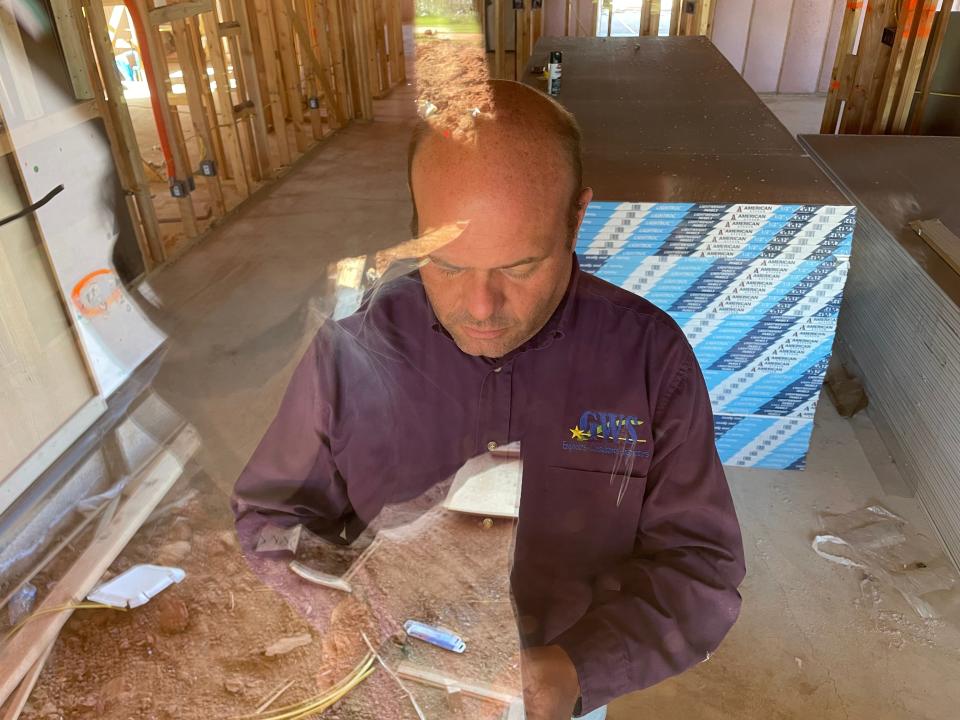
He said the commission rejected his committee's work because of home builders' opposition. The Oklahoma Home Builders Association said it did so because greening the code would cost them, and home buyers, money.
The commission is massaging specifications, construction practices and techniques surrounding about every facet of home construction to update the industry code, which sets minimum standards.
It's not considering the International Energy Conservation Code. That was decided six years ago during the last round of code reviews. The energy code was deemed too stringent.
So the commission opted to revise the less-onerous energy chapter of the International Residential Code — not the most recent one from 2018, but the one from 2015, which was less rigid.
Parker said even that was too much for the commission.
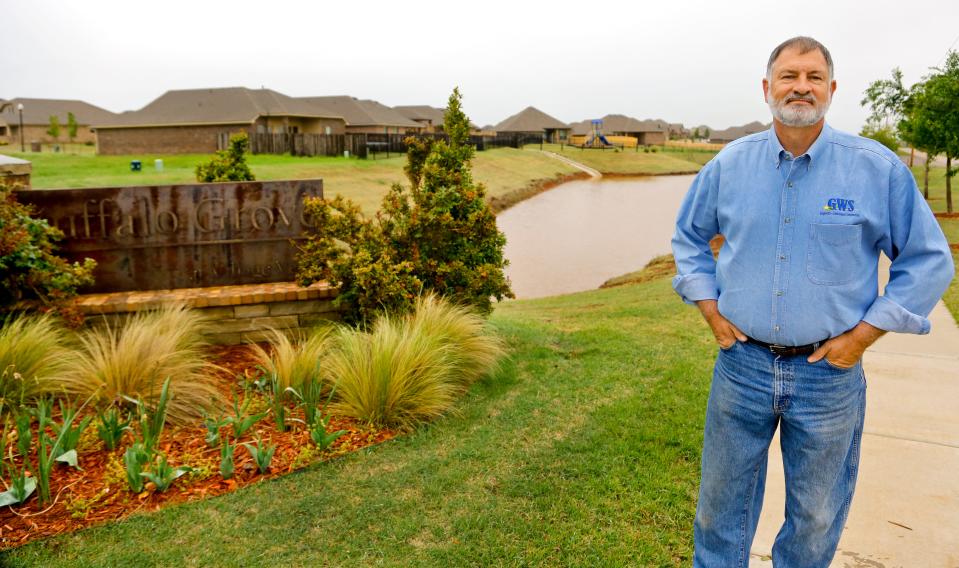
Commission says the revisions aren't dead, but there are fears the entire effort is derailed
Parker, CEO of Guaranteed Watt Saver, a construction energy-efficiency consultancy. said the commission, made up of builders, subcontractors, engineers, code officials and others in construction, voted unanimously on Oct. 19 to reject his committee's research and recommendations.
Billy Pope, the commission's CEO, said the committee's proposed revisions aren't dead. But when the commission meets next, some changes likely will be made to them. The commission will meet at 1:30 p.m. Tuesday at Shepherd Mall, 2401 NW 23, Suite 82.
"They pretty much put it on hold. They wanted to look at it and make some recommendations," Pope said.
Zillow is no longer buying homes. What does that mean for the house-flipping market?
Parker is upset that his committee's work from May to October was shelved, and he is floored that commissioners are injecting themselves directly into the work the commission had assigned it.
He said he doesn't know what they will present as alternatives to his committee's proposals, which were based on detailed public comments and suggestions from experts in different aspects of construction.
He expects the commissioners to derail the entire effort to green up the code.
"I'm going to hear it the same time everyone else is going to hear it, from outside of our committee, which kind of blows my mind," Parker said. "You just kind of sit back and go, 'Who's running the train?' I don't know who's running the train. The chairman of the committee's not running the train. Somebody's running the train."
He added: "I'm sure there's going to be some calls" among builder members of the Oklahoma Home Builders Association.
Parker, himself a member of the trade group, said many have opposed much of his work all along, saying the changes to the industry code would amount to a "government mandate" and add to the cost of construction.
It's a tough market for buying a home. Here's how buyers are doing it.
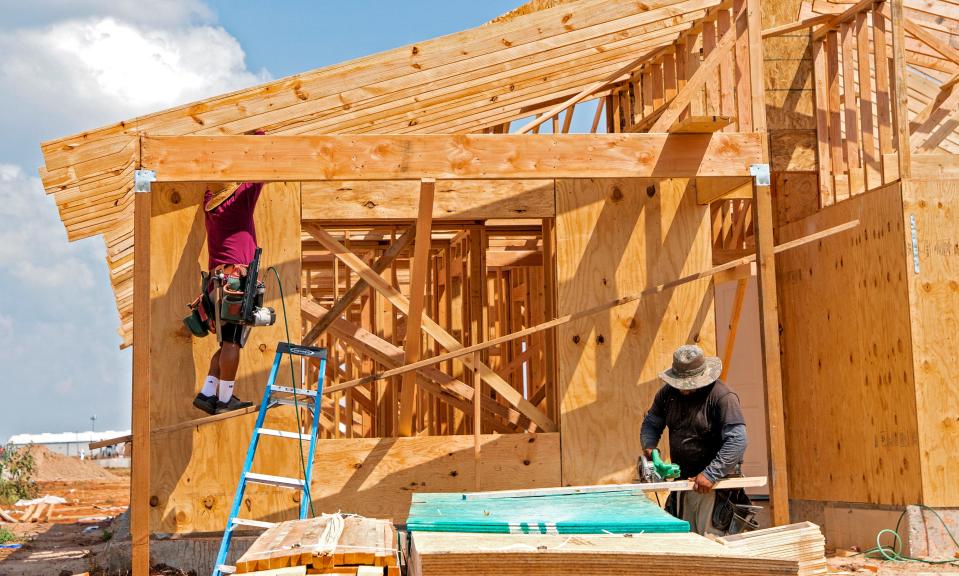
Oklahoma Home Builders Association says proposed energy conservation code changes cost too much
Mike Means, executive vice president, said the association opposes the changes because it's an awful time to do anything adding to the cost of home construction, and therefore prices paid by home buyers.
"Oklahoma, like every other state, has experienced tremendous escalation in demand which has caused rapid increases in prices. Income has not risen near as fast," he said. "This is causing an affordability issue. The costs associated with increasing our energy codes do not have the appropriate payback in our opinion.
"For example, just the proposed increase in wall insulation raises costs from $1,000-$2,000 and saves about $14 per year in energy costs."
Travis Davidson, COO of Homes By Taber, outlined builders' concerns during a virtual committee meeting June 21, according to minutes of the meeting. Homes By Taber, as well as Ideal Homes & Neighborhoods and a few other building companies, already meet, or beat, green code specifications.
The hot housing market isn't cooling down. Here are tips for potential buyers
Parker said that's why some builders oppose strengthening the energy specs: They have a competitive advantage over builders who don't, and if all builders were to have to follow a stronger code, they'd lose it.
"I'm on this call for my fellow builders and all of Oklahomans," Davidson said in June, with builders reeling over skyrocketing costs for materials and supply chain disruptions.
"The cost of lumber has gone up by $23,000 per home this year for my company," he said. "For every $1,000 of increase to a price, 200,000 people are priced out of the homes nationwide, (including) 2,000 Oklahomans."
Davidson said the increase in lumber prices, plus the added costs from proposed changes, could leave as many as 60,000 Oklahomans priced out of homes.
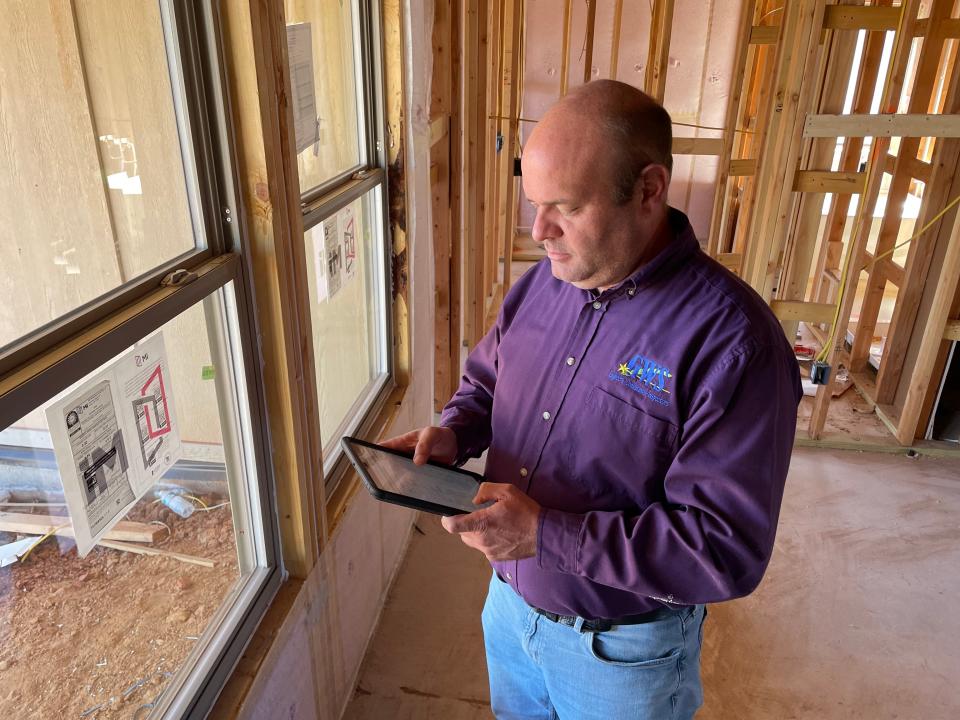
Members of the Energy Conservation Technical Committee members acknowledged that "what was specified in the code did provide a cost increase as the code dictated what materials builders had to use; and that costs would be passed from the contractor to the builder to the homeowner," according to meeting minutes.
Means said the proposed changes would mean more work for builders as well as the municipalities that follow the code.
"With labor shortage everywhere, including government, now is not the time to increase more levels of inspections," he said. "There aren’t enough energy raters to cover the capacity needed if every new home had to be tested.
"Oklahoma is doing what 32 other states are doing," Means said. "We are amending the code to match needs with reality."
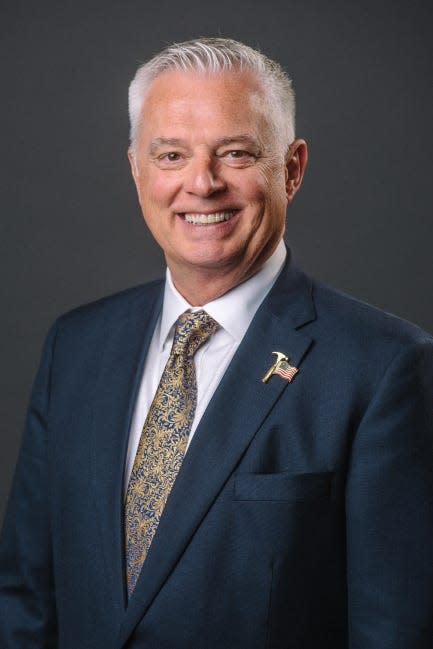
Senior Business Writer Richard Mize has covered housing, construction, commercial real estate, and related topics for the newspaper and Oklahoman.com since 1999. Contact him at rmize@oklahoman.com.
This article originally appeared on Oklahoman: Energy conservation code green building rejected by Oklahoma builders

